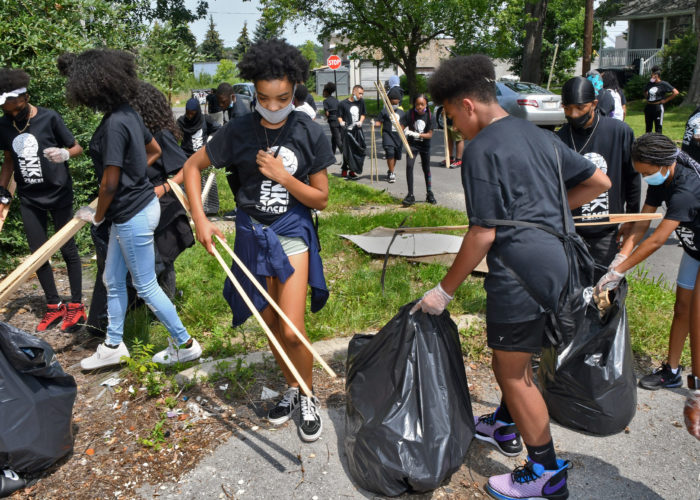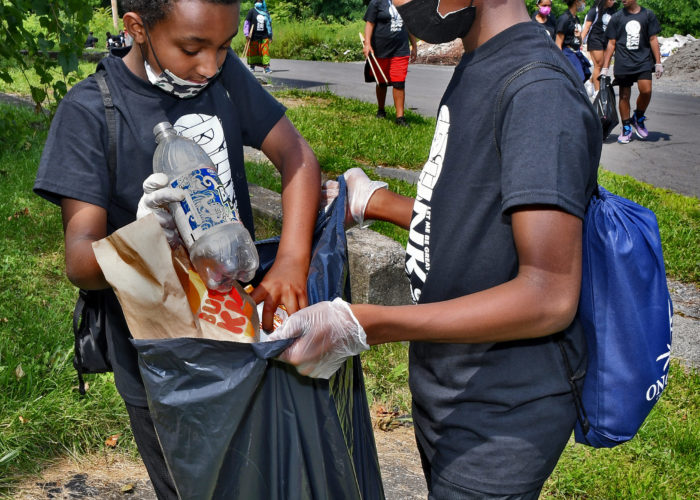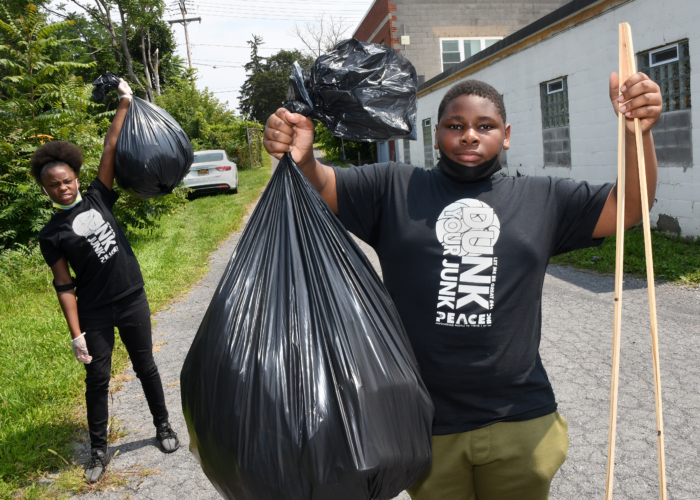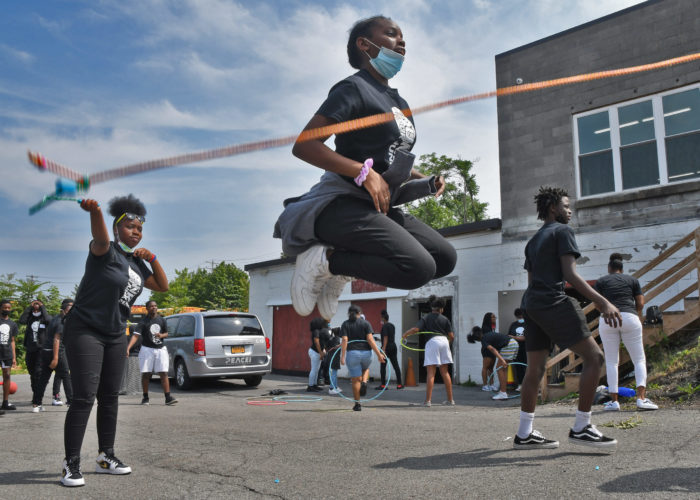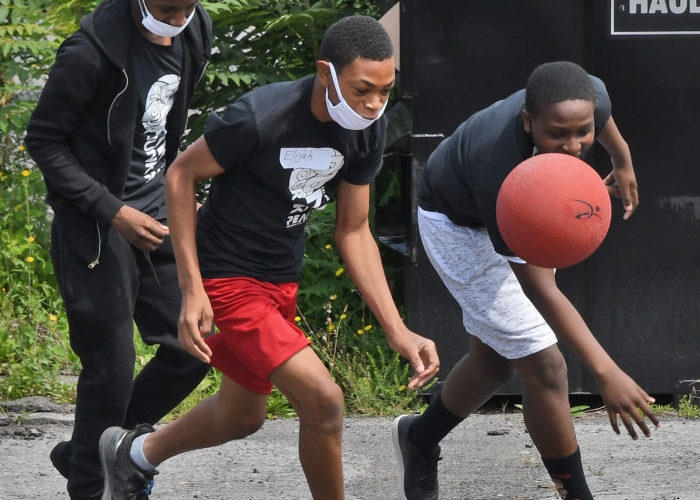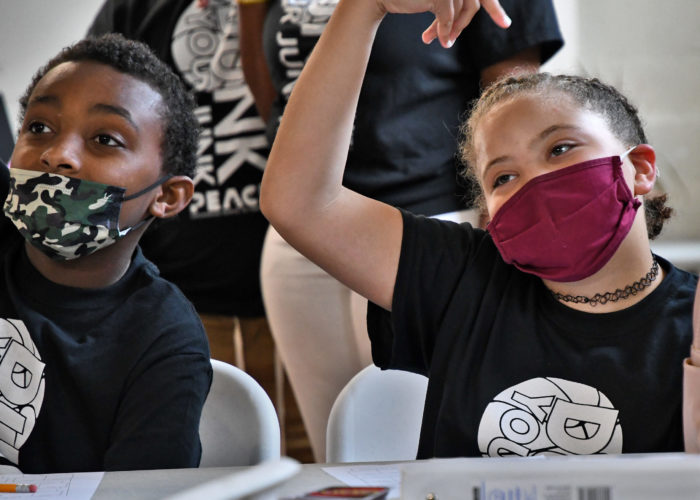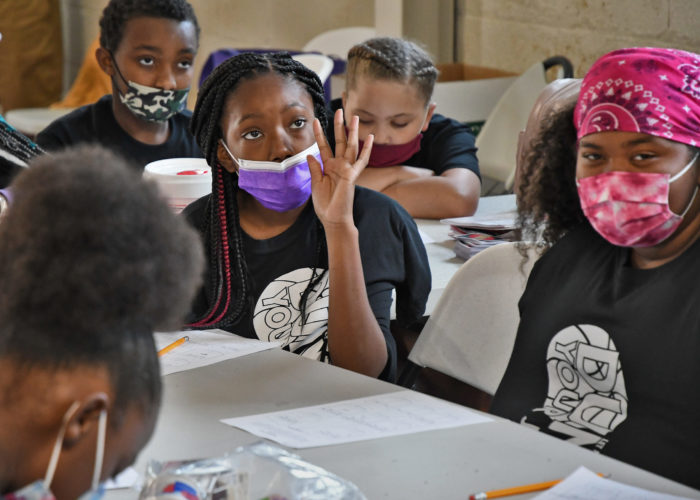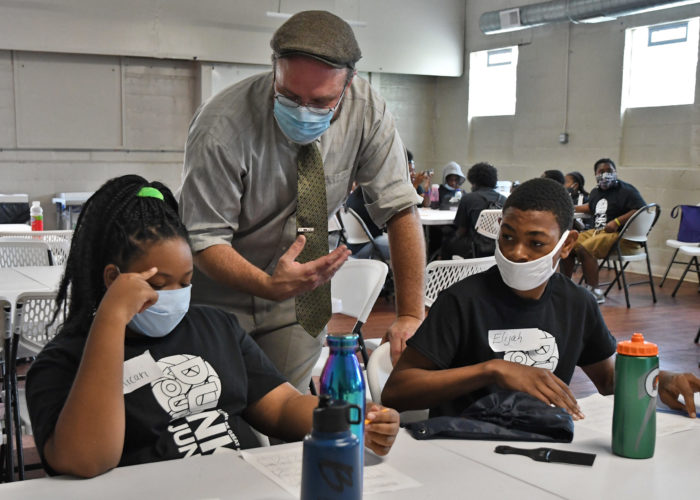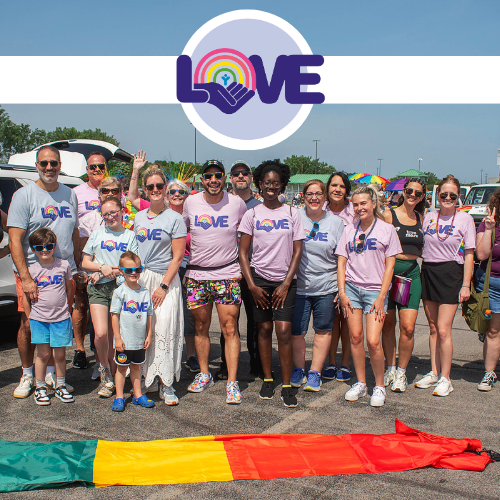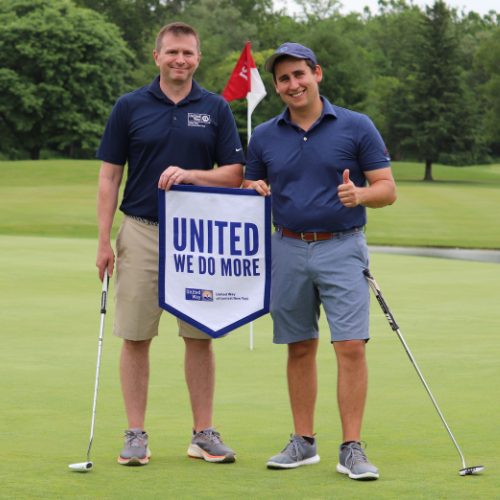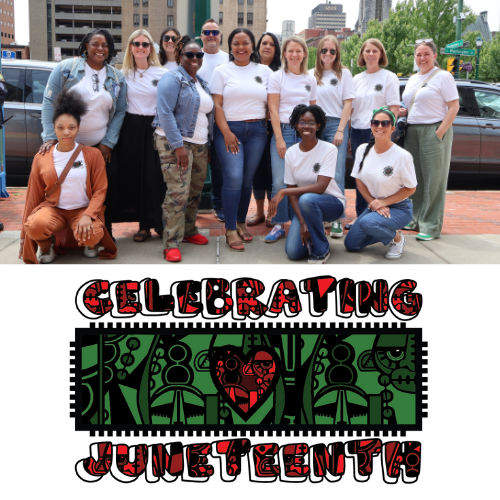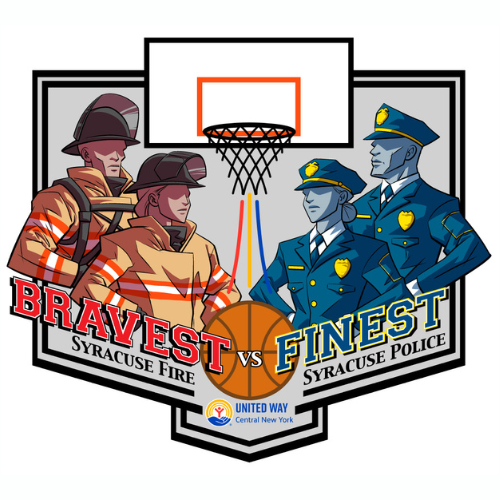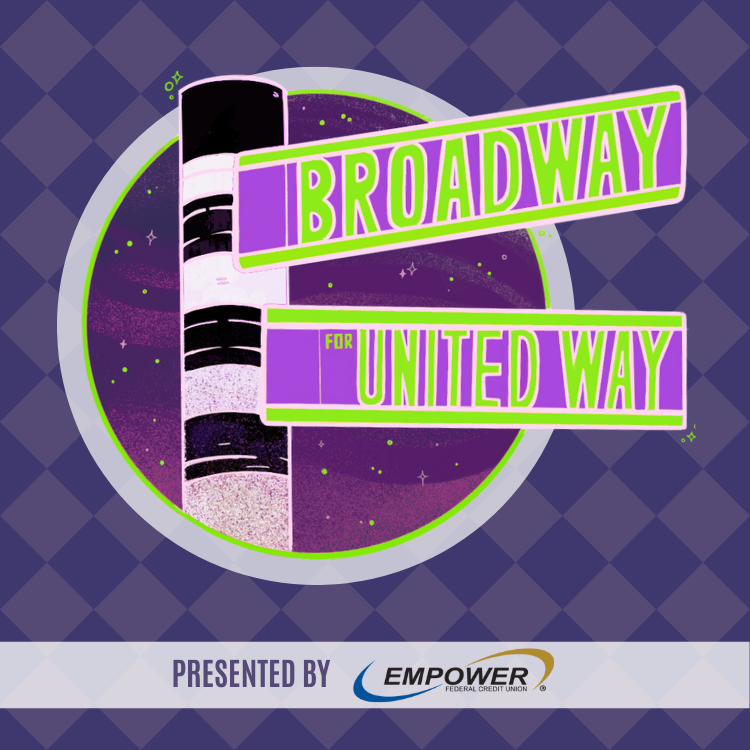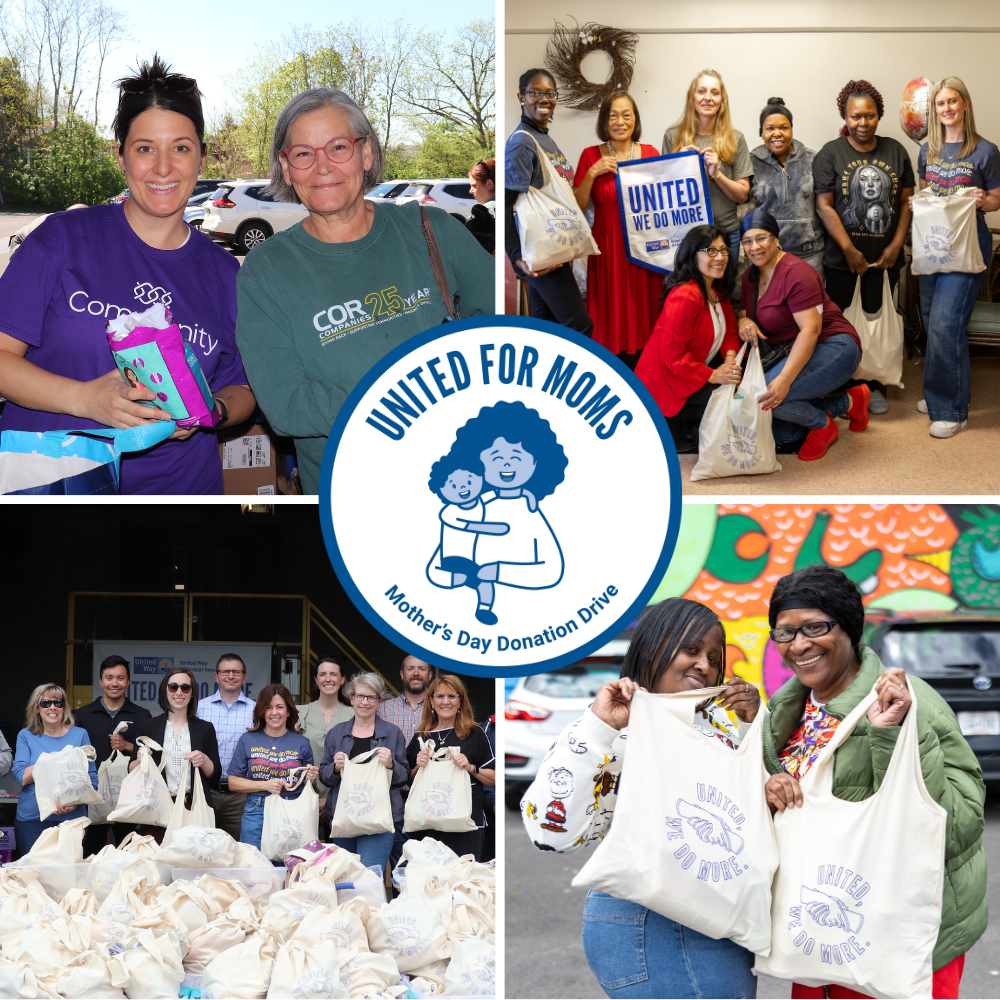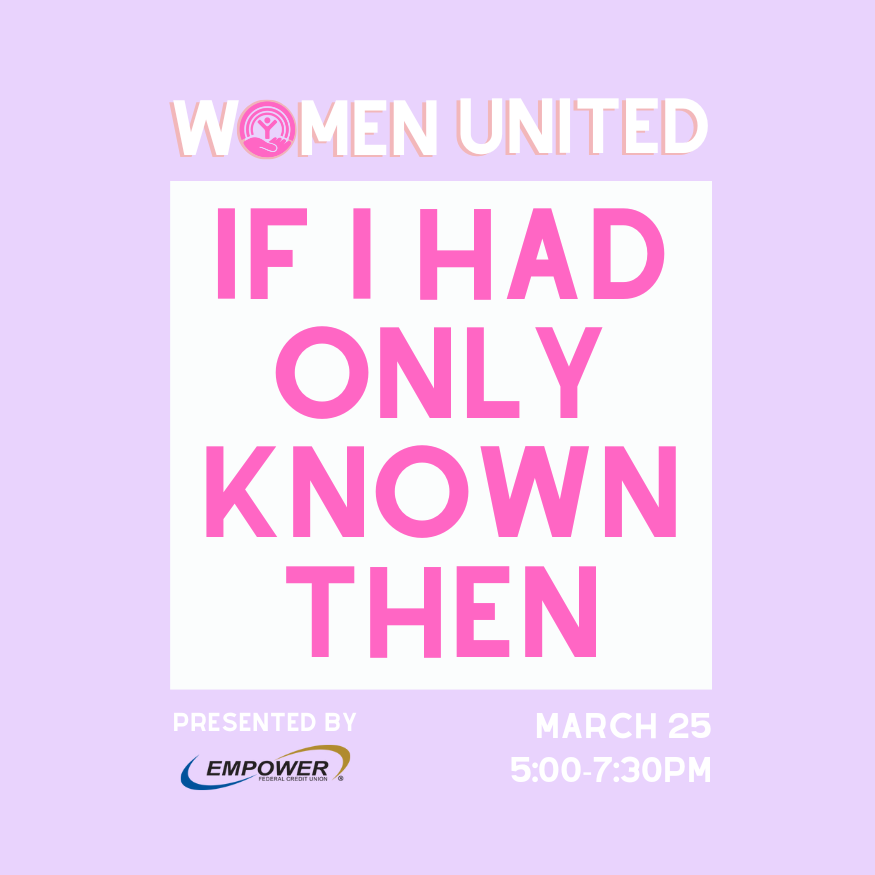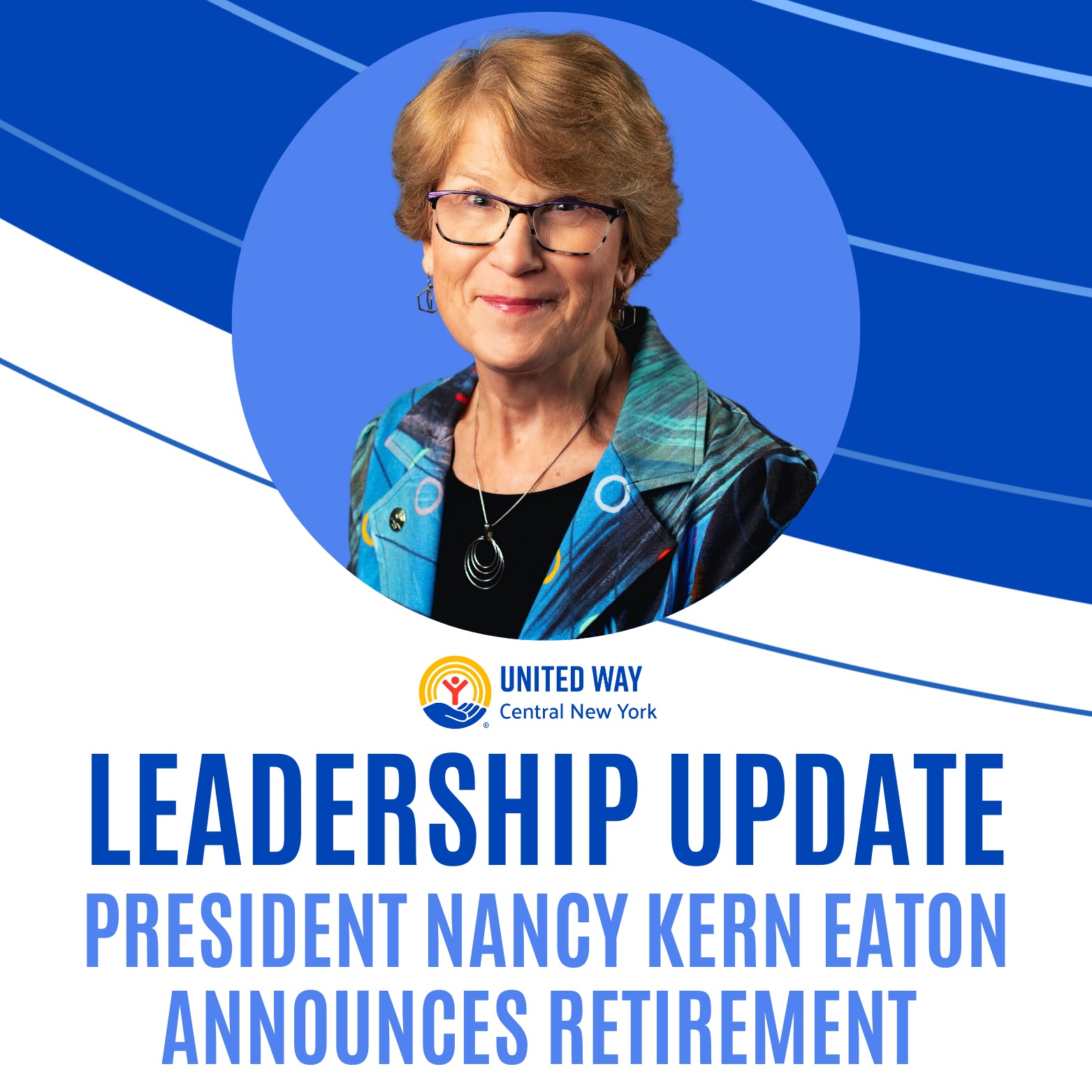Dunk Your Junk “Hard Work Pays Off”
By Renée K. Gadoua
For six weeks this summer, about 60 youth left Peace, Inc.’s Eastside Family Resource Center on Wednesday afternoons with a clear game plan: Dunk the neighborhood junk. For about 90 minutes, the fifth- to eighth-graders walked near the 202 S. Beech St. center, wearing plastic gloves and carrying black trash bags and 42-inch wooden tongs.
“We saw TVs, mattresses, clothes and bottles and Burger King wrappers,” said Journey Johnson, a 12-year-old seventh grader at Syracuse Latin School. “Somebody held the garbage bag and other people put trash in the bag. We filled all the bags.”
The weekly cleanup was part of Peace Inc.’s Dunk Your Junk summer program, which included sessions on financial literacy, healthy eating and environmental awareness; and field trips to museums, cultural sites and college campuses. Participants with perfect attendance earned $300; they were encouraged to deposit at least some of that money in bank accounts.
Dunk Your Junk, supported by United Way of Central New York, teaches community pride and financial responsibility, and provides educational and enrichment programs to Syracuse youth. “They were safe and engaged and very busy,” said Andrea S. Bernard, family and youth services manager and program director.
Dunk Your Junk nods to a late 1980s anti-litter program. About 250 Syracuse teens were hired at minimum wage (then $3.35 an hour) to dunk junk in cans that looked like basketball hoops.
The formal name — Let Me Be Great #44 Dunk Your Junk Summer Camp — honors Rasheed Baker, who was shot and killed June 5, 2017, in Syracuse’s Valley neighborhood. Baker was five days from his 22nd birthday and seven credits from earning his associate degree at Onondaga Community College. Baker, a standout athlete at Jamesville-DeWitt High School, wore No. 44 on the football team.
His mother, Rasheada Caldwell, who previously worked at the resource center, was among guest speakers this summer. The schedule included employees of National Grid, Syracuse police and fire departments, the county sheriff’ office, as well as state Assemblywoman Pamela Hunter.
“They got to see people who were doing different things in the community and how they got there. Most of the speakers looked like them,” Bernard said. “Too many times they see the negatives about Black and brown people. Lots of people in the community who look like them are doing great things.”
Peace, Inc., founded in 1968, runs programs including Head Start, Big Brothers Big Sisters and Foster Grandparents, and provides energy and housing services and free tax preparation. The eastside resource center is one of six family centers the agency runs in Onondaga County and one of three in Syracuse.
A 2019 agency needs assessment prioritized youth engagement, said Mary Beth Welch, director of family services. “It really wasn’t just the gun violence that was of concern,” she said, “but for youth to have something to do somewhere where they could feel part of something.”
In response, the reimagined Dunk Your Junk launched in 2019, with about 100 participants. In 2020, sessions were virtual, but youth gathered in person – masked and socially distanced – to pick up junk weekly. This summer, Peace offered three-week sessions in July and August, drawing a total of 124 campers.
Campers started their days with yoga, breakfast and journaling. Smaller groups visited places including Brady Farm, the Rosamond Gifford Zoo, the Museum of Science & Technology, Ithaca Sciencenter, the Strong National Museum of Play in Rochester and Corning Museum of Glass.
They also participated in a virtual Everson Museum program or an Onondaga Historical Association downtown walking tour. Programs focused on financial literacy and healthy snacks. Campers also visited Onondaga Community College, Syracuse University, SUNY College of Environmental Science and Forestry and SUNY Corning Community College.
“Some got out of Syracuse for the first time,” Bernard said. “For some it was their first time on a college campus.”
On the final day, campers collected their stipends. They earned $20 for each day they attended for three four-day weeks. If they attended all four days in a week, they received a $20 bonus for that week.
“We want the children to appreciate that if they’re committed to the work, there’s a reward,” Welch said.
The money came with another strong message. “They talked about kids running errands for drug dealers in exchange for sneakers,” Welch said. “We are letting them know they can make a true wage, an honest wage, a legal wage.”
Journey loved the program. Her favorite field trip was to the MOST, where she likes the playground. She also enjoyed touring Onondaga Community College. “I haven’t been there before,” she said. “It was big. It was cool.”
Johnson likes English Language Arts and social studies (Math? Not so much.) and hopes to go to one of the 10 Historic Black Colleges and Universities in North Carolina.
Cleaning the neighborhood “felt good,” Journey said. “There was so much trash. I didn’t notice it before. It looks better.”
Like most campers, Journey earned the full $300. “It’s nice,” she said as she smiled widely. “I’m rich. Hard work pays off.”
Journey bought earbuds and said the rest of her money is for college. “I’m going to save it for now,” she said. “I might go school shopping,” she added after a brief pause.
Even as Bernard starts thinking about ways to make next summer’s program even better, she considers this year’s a slam dunk.
Post-program studies show positive shifts in participants’ attitudes about behavior, money, cleaning up and college, she said.
“The kids felt pride in cleaning up,” Bernard said. “The parents were happy their kids were helping clean up and had something good to do.”

